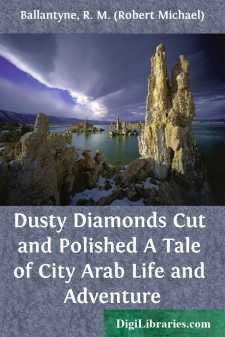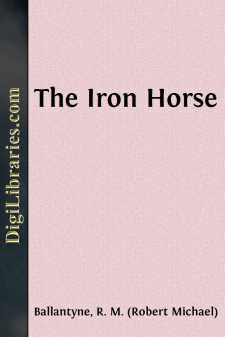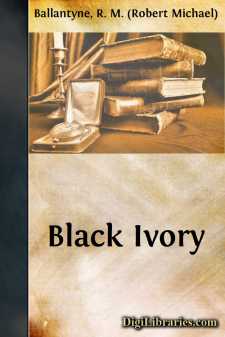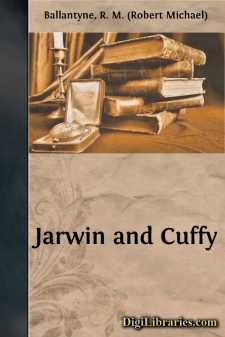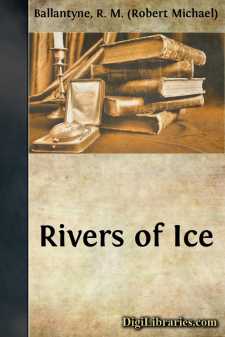Categories
- Antiques & Collectibles 13
- Architecture 36
- Art 48
- Bibles 22
- Biography & Autobiography 815
- Body, Mind & Spirit 144
- Business & Economics 28
- Children's Books 18
- Children's Fiction 14
- Computers 4
- Cooking 94
- Crafts & Hobbies 4
- Drama 346
- Education 58
- Family & Relationships 59
- Fiction 11833
- Games 19
- Gardening 17
- Health & Fitness 34
- History 1378
- House & Home 1
- Humor 147
- Juvenile Fiction 1873
- Juvenile Nonfiction 202
- Language Arts & Disciplines 89
- Law 16
- Literary Collections 686
- Literary Criticism 179
- Mathematics 13
- Medical 41
- Music 40
- Nature 179
- Non-Classifiable 1768
- Performing Arts 7
- Periodicals 1453
- Philosophy 65
- Photography 2
- Poetry 896
- Political Science 203
- Psychology 44
- Reference 154
- Religion 515
- Science 126
- Self-Help 85
- Social Science 82
- Sports & Recreation 34
- Study Aids 3
- Technology & Engineering 59
- Transportation 23
- Travel 463
- True Crime 29
Our website is made possible by displaying online advertisements to our visitors.
Please consider supporting us by disabling your ad blocker.
Dusty Diamonds Cut and Polished A Tale of City Arab Life and Adventure
Categories:
Description:
Excerpt
An Accident and some of its Curious Results.
Every one has heard of those ponies—those shaggy, chubby, innocent-looking little creatures—for which the world is indebted, we suppose, to Shetland.
Well, once on a time, one of the most innocent-looking, chubbiest, and shaggiest of Shetland ponies—a dark brown one—stood at the door of a mansion in the west-end of London.
It was attached to a wickerwork vehicle which resembled a large clothes-basket on small wheels. We do not mean, of course, that the pony was affectionately attached to it. No; the attachment was involuntary and unavoidable, by reason of a brand-new yellow leather harness with brass buckles. It objected to the attachment, obviously, for it sidled this way, and straddled that way, and whisked its enormous little tail, and tossed its rotund little head, and stamped its ridiculously small feet; and champed its miniature bit, as if it had been a war-horse of the largest size, fit to carry a Wallace, a Bruce, or a Richard of the Lion-heart, into the midst of raging battle.
And no wonder; for many months had not elapsed since that brown creature had kicked up its little heels, and twirled its tail, and shaken its shaggy mane in all the wild exuberance of early youth and unfettered freedom on the heather hills of its native island.
In the four-wheeled basket sat a little girl whom it is useless to describe as beautiful. She was far beyond that! Her delicate colour, her little straight nose, her sparkling teeth, her rosebud of a mouth, her enormous blue eyes, and floods of yellow hair—pooh! these are not worth mentioning in the same sentence with her expression. It was that which carried all before it, and swept up the adoration of man-and-woman-kind as with the besom of fascination.
She was the only child of Sir Richard Brandon. Sir Richard was a knight and a widower. He was knighted, not because of personal merit, but because he had been mayor of some place, sometime or other, when some one connected with royalty had something important to do with it! Little Diana was all that this knight and widower had on earth to care for, except, of course, his horses and dogs, and guns, and club, and food. He was very particular as to his food. Not that he was an epicure, or a gourmand, or luxurious, or a hard drinker, or anything of that sort—by no means. He could rough it, (so he said), as well as any man, and put up with whatever chanced to be going, but, when there was no occasion for roughing it, he did like to see things well cooked and nicely served; and wine, you know, was not worth drinking—positively nauseous—if it was not of the best.
Sir Richard was a poor man—a very poor man. He had only five thousand a year—a mere pittance; and he managed this sum in such a peculiar way that he never had anything wherewith to help a struggling friend, or to give to the poor, or to assist the various religious and charitable institutions by which he was surrounded; while at certain intervals in the year he experienced exasperating difficulty in meeting the demands of those torments to society, the tradespeople—people who ought to be ashamed of themselves for not being willing to supply the nobility and gentry with food and clothing gratuitously!...


